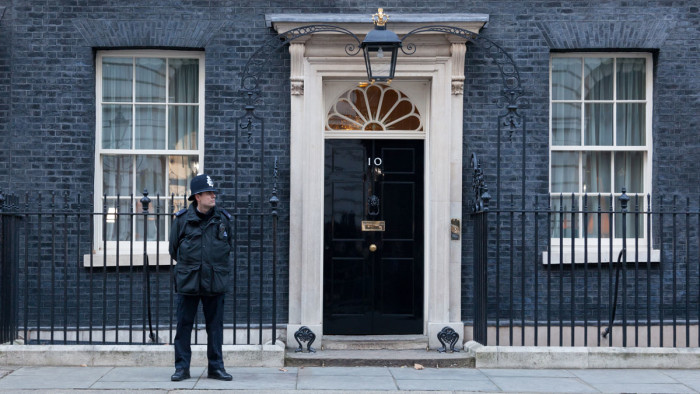
Fair Trials' response to the Metropolitan Police issuing first fines for Downing Street COVID-19 regulation breaches
Fair Trials has responded to the Met’s announcement that they are issuing an initial 20 Fixed Penalty Notices (FPNs) for breaches of COVID-19 regulations in Downing Street during lockdown.
Griff Ferris, Legal and Policy Officer says “People at the heart of government have been shown to break repeatedly the draconian and far-reaching criminal laws that they themselves created. Today’s announcement not only shows that they treated the public with contempt, but it calls into question the legitimacy of the coronavirus enforcement regime.
“During the pandemic hundreds of thousands of ordinary people were fined under coronavirus laws. Many of these fines were unjust or unlawful, and often issued in a discriminatory way. None of those people were afforded special treatment, such as being allowed to make their case to the police in the form of questionnaires. Most had their cases heard behind closed doors and they were publicly named and shamed.
“We hope that those in power will now see for themselves the need for a full-scale amnesty and refunds for all those affected by the coronavirus restrictions.”
Fair Trials has previously called for an end to all Covid-related prosecutions in the UK, for all fines and convictions to be rescinded and for criminal records to be deleted.
An ongoing review by the Crown Prosecution Service found that hundreds of people have been wrongly charged and prosecuted under the Health Protection (Restrictions, Coronavirus) Regulations and the Coronavirus Act 2020. One third of prosecutions overall have been found to be wrongfully brought.
The criminal justice response to the pandemic has not only been heavy-handed, but discriminatory. Police have been twice as likely to fine young Black, Asian, and minoritised ethnic people for alleged lockdown offences, while stop and search rose 24% during the first year of the pandemic, despite people being at home much more due to the restrictions. Black people were 7 times more likely to be stopped than white people, and the equivalent of 1 in 5 ethnic minority teenagers were stopped and searched in London.

